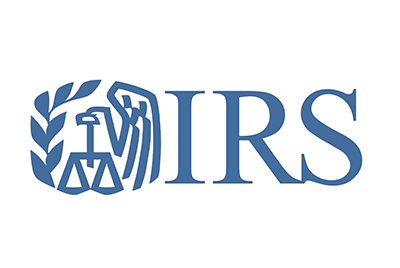IRS Updates Transcript Request Options
–
April 11, 2024

As part of the IRS’ effort to continue combatting identity theft and protecting taxpayers’ personal information, they are making changes that will impact how tax professionals receive transcripts.
As of April 8, 2024, tax professionals must now call the Practitioner Priority Service (PPS) to request transcripts to be deposited into their Secure Object Repository (SOR). While PPS has been the primary avenue for these requests, other IRS toll-free lines will no longer offer the SOR as a delivery method.
Additionally, tax professionals need to pass the current required authentication and also verify their Short Identification (ID). The Short ID is a unique 8-10 alphanumeric code that is systemically assigned when an IRS account is established. This Short ID is visible when the tax professional logs in to their e-Services SOR. If the identity can’t be verified, transcripts will only be mailed to the address of record. PPS assistors cannot resolve issues with ID.Me identity proofing or the status of an ID.Me account.
The information in this guide has been gathered from many sources, including the Internal Revenue Service, the Social Security Administration, state agencies, professional organizations and members of the NJCPA. The COVID-19 pandemic has prompted the majority of state agencies to offer more online and prerecorded services. Though offices have reopened after the COVID-19 shutdown, it’s best to check online or call before you visit.
Material contained within this guide should be augmented by, and used in accordance with, a certified public accountant's professional judgment. Your CPA can properly apply the tax laws and regulations to the facts and circumstances of your particular situation. For help with locating a CPA, visit findacpa.org.
The New Jersey Society of Certified Public Accountants is not responsible for any claims arising as a result of this information or its usage.
This guide was updated in October 2023. Future users of this material are cautioned that some portions, particularly tax-related information, may become outdated.